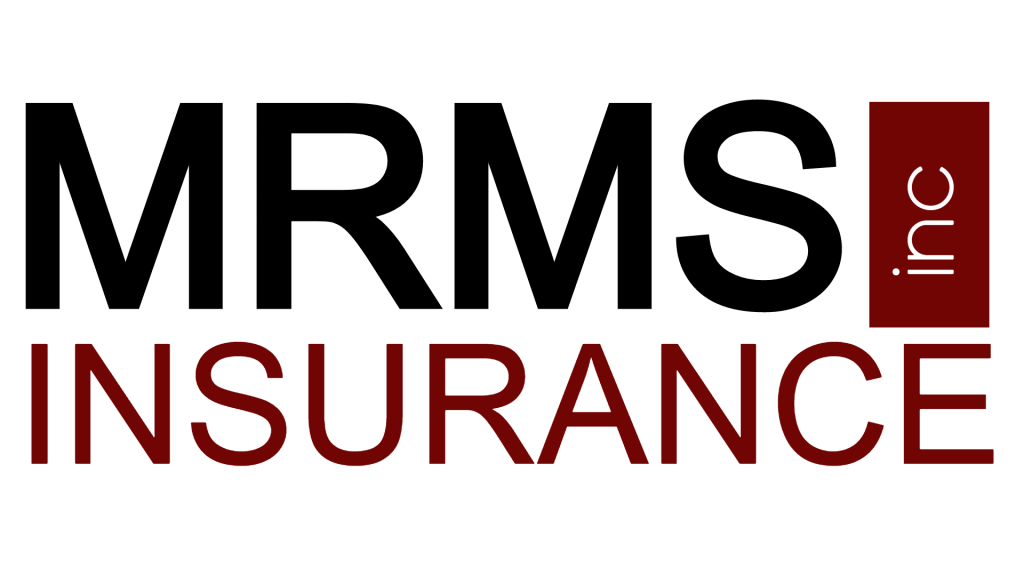Advice for Buying Health Insurance
So, almost everything about your work place has changed, and you decided to start your own small business. In today’s world, many people are in the position of buying their own health insurance, whether the reason is starting your own business, to lay-offs, job change or company discontinuing their group health plan. Done right, buying health insurance is a process of setting criteria and finding the plan which best meets your needs.
A person always wants to buy the plan that would be best for them including the best coverage for the most stable, lowest premium. So, what type of plan should that person look for? Should he or she look at a low deductible? High deductible? Doctor co-pay or no co-pay? Prescription drug card? Other value added services? There are a number of questions and different people have different needs and desires. The question becomes, where should a person start?
The PPO network of covered providers can make or break one’s satisfaction in the plan. If you go to one set of doctor’s, but the plan covers the other network, if you have even a mid-sized claim; you will not be happy. Check the provider network and see that your providers are in that network.
Always read the “outline of coverage” for benefits, limitations and exclusions. It is as important to understand what is covered and what is not. Some plans today are called “mini-meds. They have scheduled benefits or set amount maximums paid per procedure or expense. A mini-med may pay $200.00 a day for hospital care no matter the cost or need for extensive services. It may have a $10,000 maximum on surgery. These plans are very limited in coverage and this writer does NOT recommend them.
Next weigh the premium verses deductible. The higher plan deductible, the lower the premium.
Some plans have doctor office co-pays or prescription cards, others do not. If you compare the premium differences it may make sense to consider a higher deductible plan without the co-pays. The premium difference, even for a similar deductible could be 20%. Ask yourself, how many time do we see a doctor in a year. Also know that wellness and preventative expenses may, most likely, be covered up front without the deductible.
Make a fair assessment of your health, your past and current medical conditions and medications you take and have taken. At some point, you will need to disclose this medical information. It may be better disclosed sooner than later. If you have a medical condition that could cause a company not to issue a plan, it is best to make an informal inquiry to an underwriter asking how the company may handle your situation, before you submit an application. There are plans to cover people with health conditions. If this is the case, ask your insurance professional about your options.
Know that health insurance plans and premiums vary company to company and most insurance companies have several plan options. One option this writer would encourage you to consider is an HSA qualified high deductible plan (QHDP). These plans currently have deductibles for a single person beginning at $1,200 per year up to $10,000. The high deductible plans can be attractive because the premiums can be much lower than other plans. Note: Family deductibles work differently than the deductible you may be used to. If you are insuring more than one person, be sure that you understand how the deductible works.
If you buy a HSA Plan, you should gather information on setting up an HSA side fund to pay qualified out of pocket medical expenses tax free. Further information and quotes on health insurance plans may be obtained on www.MRMS-.INC.com . Most every situation is different and you should seek professional assistance when considering any insurance products. Feel free to contact our office for information concerning your situation.




















